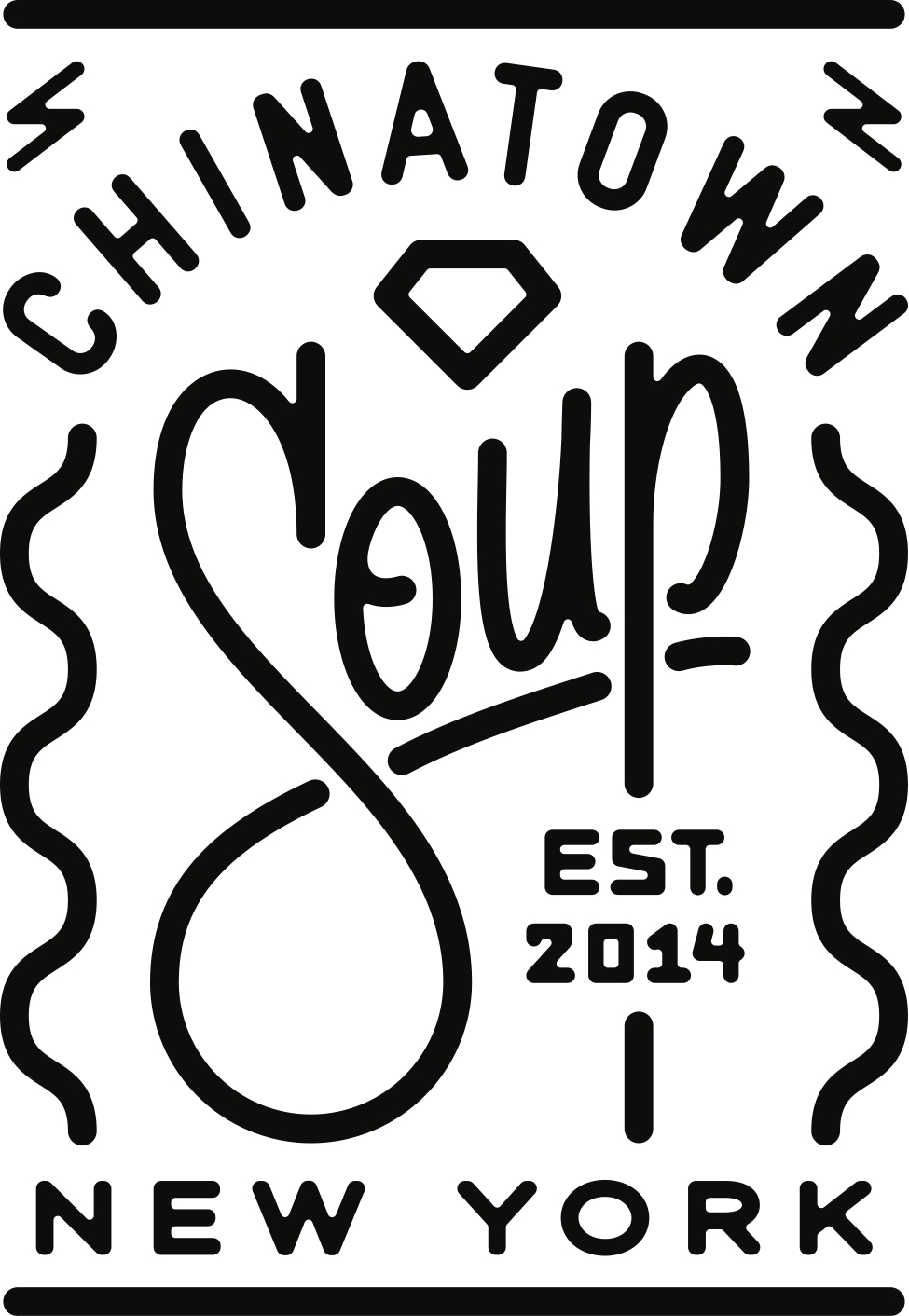¡ECHÁNDOLA!
“¡Echándola!” – or, “Let’s get it!” – celebrates the energy and momentum of young Cuban creatives in this post-historical moment. Chinatown Soup partnered with curators Gerardo Muñoz and Elena V. Molina alongside a collaborative constellation of Cuba’s rising art stars to present practices that interrogate and reimagine the sociopolitical stagnancy of their built environment. ¡Echándola! is on view from July 2 -11, 2021. Please join us for a live event series featuring a documentary screening of Rumba Clave Blen Blen Blen with Q&A and music performances on the weekend of July 9th.
Participating artists are exhibited under Mujercitos Collective, a multimedia, transformative visual grammar paradigmatic of the contemporary Cuban art scene’s youngest generation that emerged in Havana, summer 2019. The group gathers diverse artists spanning multiple disciplines: Victor Fernández (film and video art), Claudia Patricia Pérez (drawing and visual design), Román Guitiérrez (fiction), and Juan Miguel-Pozo (painting). Their vision is heavily influenced by American pop and underground punk and pulp cultures, as well as the imaginaries of advertising consumer society that haunt late-stage capitalism.
¡Echándola! features a substantial sample of Mujercitos’ work – drawings, collages, video, designs, painting, textiles, sound-based and on-site pieces – while trying to avoid mere documentation. Cover design is a central activity that accompanies monthly publication of the Mujercitos journal, which is the foundational artwork of this exhibit. While the covers are primarily designed by Claudia Patricia Pérez, Mujercitos is known to invite follow-traveler artists to contribute their own designs. Prioritization of the cover design process speaks to Mujercitos’ fascination with the counterculture music scene and iconic transmission of its message.
These cover designs become linguistic devices communicating consumption, satire, and slapstick humor reminiscent of North American magazines such as National Lampoon or Mad. One could also read them as profaning the socialist poster (“el cartel socialista”), which was a dominant form of propaganda art after the 1959 Cuban Revolution. Unlike socialist posters, Mujercitos covers do not promote state-driven mobilization; instead, they recycle and subvert the order of icons, historical figures, and well-known established slogans.
Mujercitos also identifies with “Generación de los 80s” that took Cuban art from museums to the streets (“Arte Calle”). Creating outside the aesthetic trends of early millennium Cuban art, (which often centered the country’s post-Communist transition of the early 1990’s), their strategies retreat from national identity as a main referent. From this perspective, conventional attitudes of the artistic “avant-garde” and its recent associations with “art activism” fail to engage the nature of everyday routines, the partying lifestyle, and the circulation of currency generated by Obama's normalization of US-Cuba relations in 2016. The Mujercitos’ visual language chronicles preferences of the country’s youth that are no longer contingent upon their historical inheritance.
Departing the culturalist and identitarian frameworks that define much of contemporary Cuban art invites authentic appreciation for the ways people live in Cuba while also underlining the universal impact of ideology and consumerism on human life – all central to Mujercitos’ gestures. Through various dislocations we may sense experiential and visual novelty from a collective that is working with the texture of life, desire, and imagination of youth.
